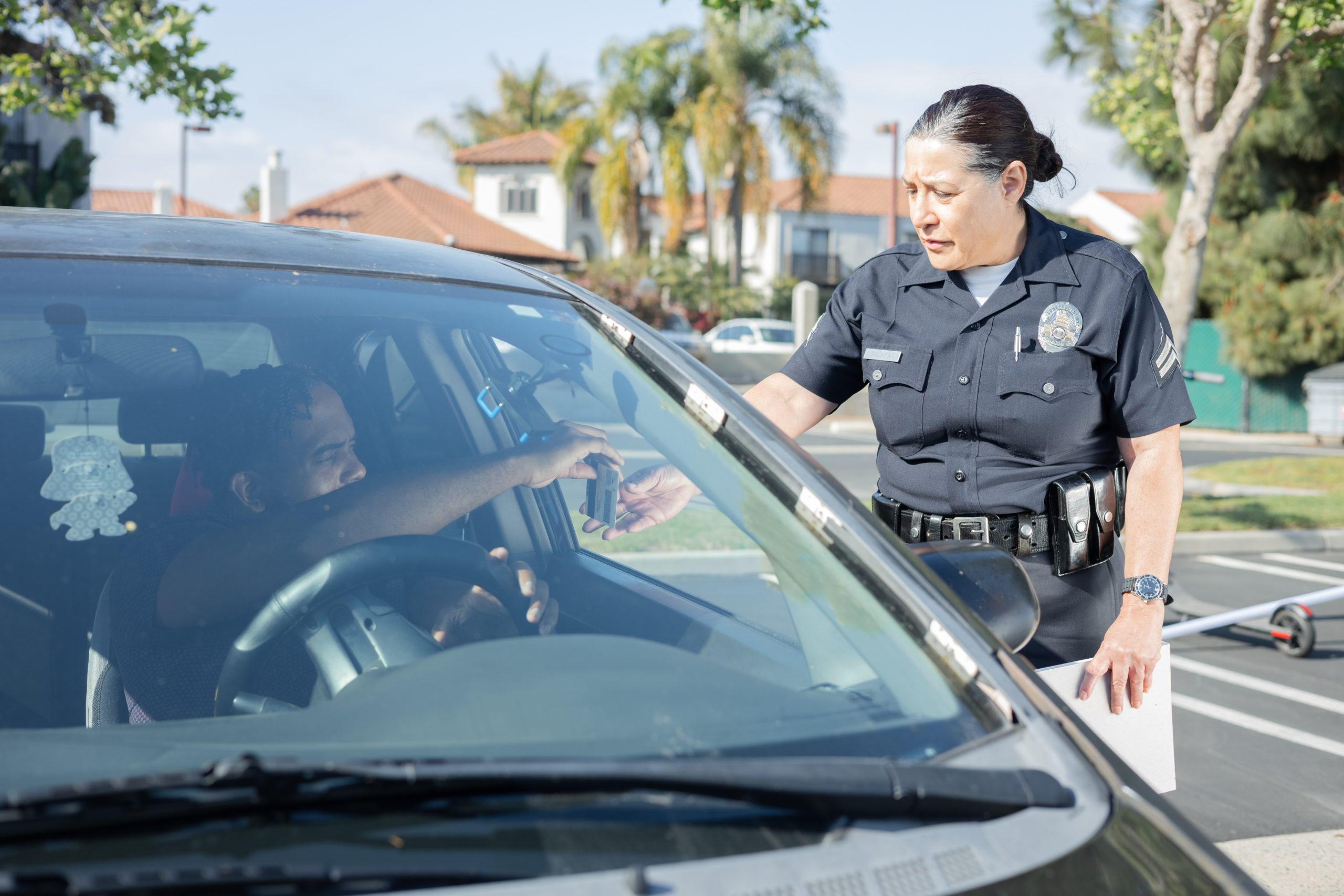
Pros and Cons of a DUI Checkpoint
Individuals that are facing criminal charges that are the result of a sobriety checkpoint should understand that you may still have a case. Not all law enforcement administered checkpoints are set up in a manner that is in keeping with your constitutional rights.
What are the Pros of a Sobriety Checkpoint?
In an effort of fairness, sobriety checkpoints do serve a purpose. Many Americans have sustained major injuries or, worse yet, death resulting from DUI related motor vehicle accidents. Many people will argue that the arrests that result from checkpoints serve as a deterrent to drunk drivers and justify the intrusiveness of the stops. In addition, the money that is used for sobriety checkpoints often comes from grants, instead of tax dollars.
What are the Cons of Sobriety Checkpoints?
Although arresting drunk drivers is a noble goal and one that should be pursued vigorously, many people question whether they are truly effective and if they infringe on any of our constitutional rights. Opponents of sobriety checkpoints usually argue that:
– Racial profiling occurs and law enforcement target minorities often. Checkpoints are often set up in areas with large minority populations.
– Illegal search and seizures happen as a result of sobriety checkpoints. This is a violation of both your state and federal rights.
– Sobriety checkpoints are not as effective as the statistics would suggest. Instead they can just increase the number of police officers roaming about.
– Although grants foot a large portion of the bill, the millions in federal grant money, some would argue could be better served elsewhere.
This is why it is critically important to consult with an experienced DUI attorney who is proficient in the legalities of sobriety checkpoints. He or she can determine if the checkpoint was in fact constitutional and this can cause a dismissal of the case of a set aside of the DMV order of suspension. Again, a charge resulting from a sobriety checkpoint does not necessarily mean you are automatically guilty. Speak with a Florida lawyer to see just what your options are.


